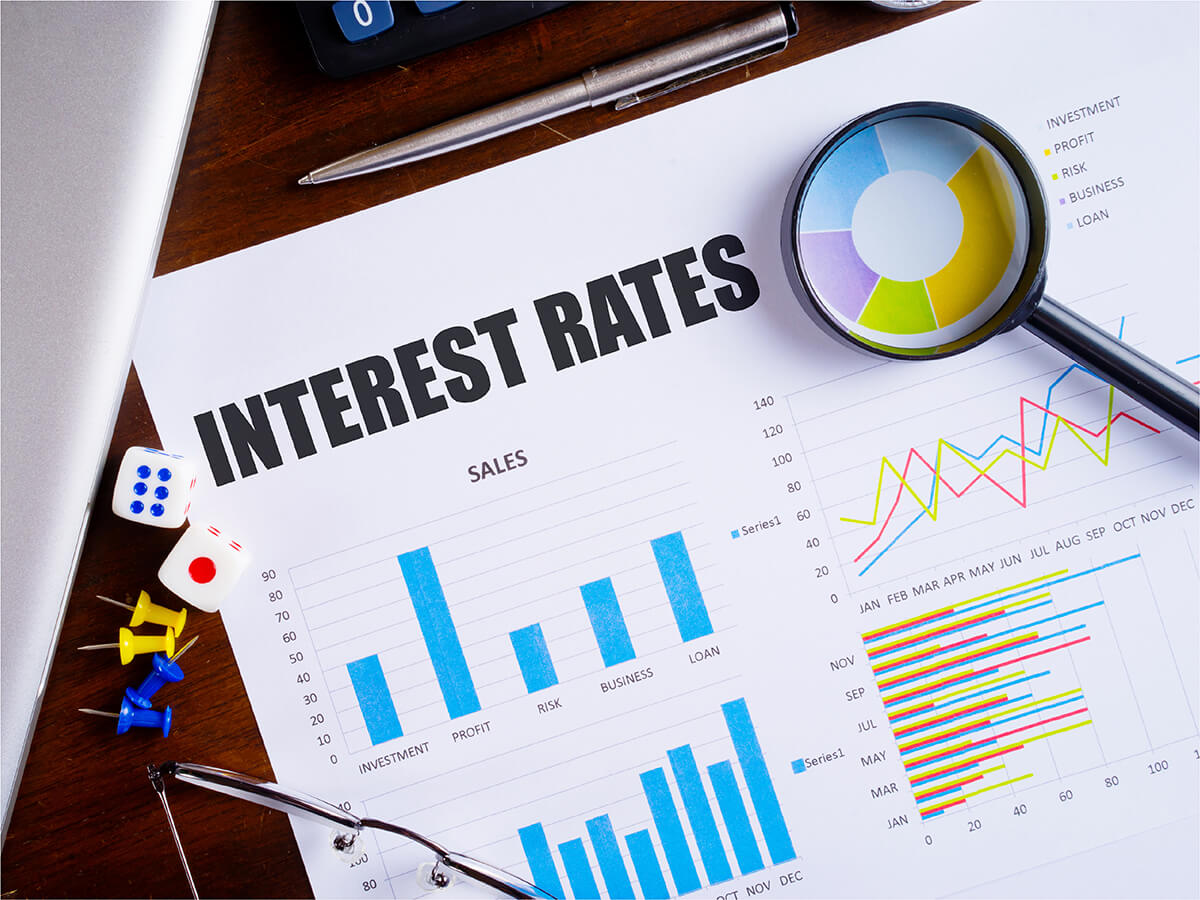Overview:
Obligation controls the expense of getting reserves or speculative pay or benefits. There are fundamentally two sorts of getting costs: notional. The expense of getting is clearly a communicated amount that isn't supportive of extension, though the genuine expense of funding upholds development, giving a more precise proportion of buying power.

Fixed versus variable loan costs:
Loan costs can be fixed or variable. Fixed financing costs stay consistent all through the credit term, giving soundness and consistency to borrowers and banks. Variable loan fees, then again, vacillate in light of changes in economic situations, for example, changes in the Great Rate or other benchmark rates.
The amount it costs is Still Up in the Air:
Public banks like the US assume a significant part in deciding the expense of getting. They set how much government appropriation influences the advances that banks charge each other for transient credits. Financial factors like extension, joblessness, and monetary development influence the cost levels too. Banks survey the dependability and monetary security of individual borrowers to pursue informed choices on layaway and home credits.
The effect of acquiring costs on the economy:
Getting costs influences various pieces of the economy. Higher getting costs will forcefully decrease buys and spending, easing back monetary development essentially. Then again, lower funding costs help to dominate and begin organizations, building up financial activity. Banks are comparatively impacted by the expense of acquiring, with higher rates creating better profits from ledgers and supporting stores permitting individuals to save more.
Financing costs and credits:
For instance, with a fixed-rate contract, the financing cost continues as before all through the credit term, bringing about reliable, regularly scheduled installments. For variable-rate advances, the loan cost can change intermittently, possibly modifying the sum owed. Borrowers should consider the sort of loan fee and the likely effect on their funds.
Loan costs and speculations:
Loan costs impact speculation choices. Higher loan costs by and large lead to lower bond costs, as more up to date bonds offer better yields, making existing securities less appealing. On the other hand, lower loan fees can make stocks more engaging as acquiring costs decline for organizations, possibly supporting benefits and stock costs.
Worldwide Impact of Financing Costs:
Financial charges set by public banks in basic economies can have worldwide ramifications. For instance, changes in the U.S. in advance assessments can influence the monetary exchanging industry around the world, influencing exchanging volumes and capital streams. Advocates of the worldwide economy are examining these improvements exhaustively to seek out informed speculative decisions and screen betting.
Credit is a necessary piece of the monetary framework, influencing access, credit, investment funds, and money related strategy. Understanding what the expense of getting is and how it affects the economy is critical to pursuing informed speculation decisions. Whether you're contemplating a home credit, setting something to the side for the future, or placing resources in a credit association, credit data assists individuals and associations with exploring the intricacies of the monetary world.
Read more: How does my military service impact life insurance rates